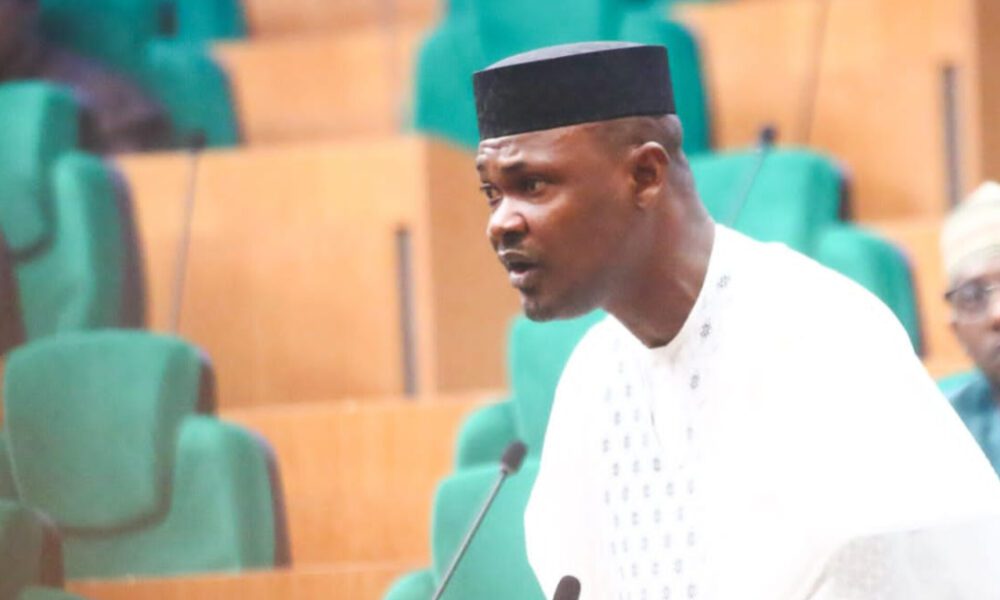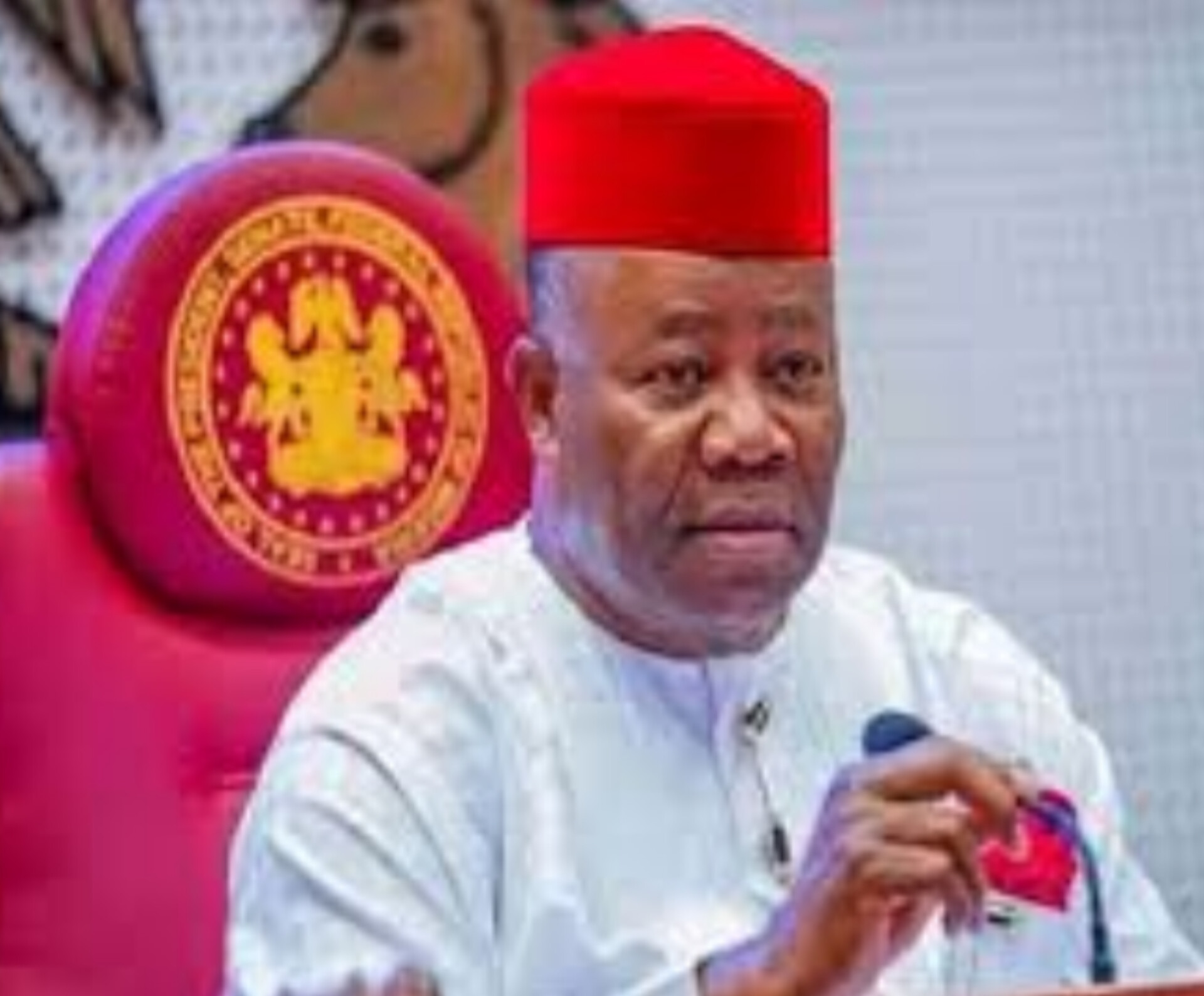The House of Representatives has directed its Joint Committee on Communications and Interior to investigate reports of unauthorized National Identification Number (NIN) linkages by telecom service providers across Nigeria.
The decision followed the unanimous adoption of a motion jointly sponsored by Hon. Patrick Umoh (APC, Akwa Ibom) and Hon. Julius Ihonvbere (APC, Edo). The House also instructed the Nigerian Communications Commission (NCC) to probe the allegations and sanction any telecom operator found guilty of violating privacy laws.
Additionally, the National Identity Management Commission (NIMC) has been asked to clarify whether telecom providers were authorized to link NINs to subscriber lines and if such actions comply with existing regulations.

Hon. Umoh raised concerns about recent reports indicating that telecom companies have linked NINs to subscribers’ SIM cards without their consent. He warned that this unauthorized linkage exposes Nigerians to criminal activities, such as identity theft, financial fraud, and other cybercrimes.
“This action is a clear violation of the Nigeria Data Protection Act 2023 and the Nigeria Data Protection Regulation (NDPR) 2019, which guarantee the right to privacy and the protection of personal data,” Umoh stated.
He further emphasized that while the NIN system was introduced to enhance national security and streamline identification processes, unauthorized linkages undermine public trust and jeopardize citizens’ safety.
“Aware that innocent citizens have been wrongly implicated in crimes, suffered reputational damage, harassment, and legal challenges for offenses they know nothing about, it is imperative that we address this issue immediately,” Umoh added.
The House has mandated the probe committee to submit its findings within four weeks, as lawmakers seek to protect Nigerians from potential data breaches and uphold the integrity of national security protocols.




